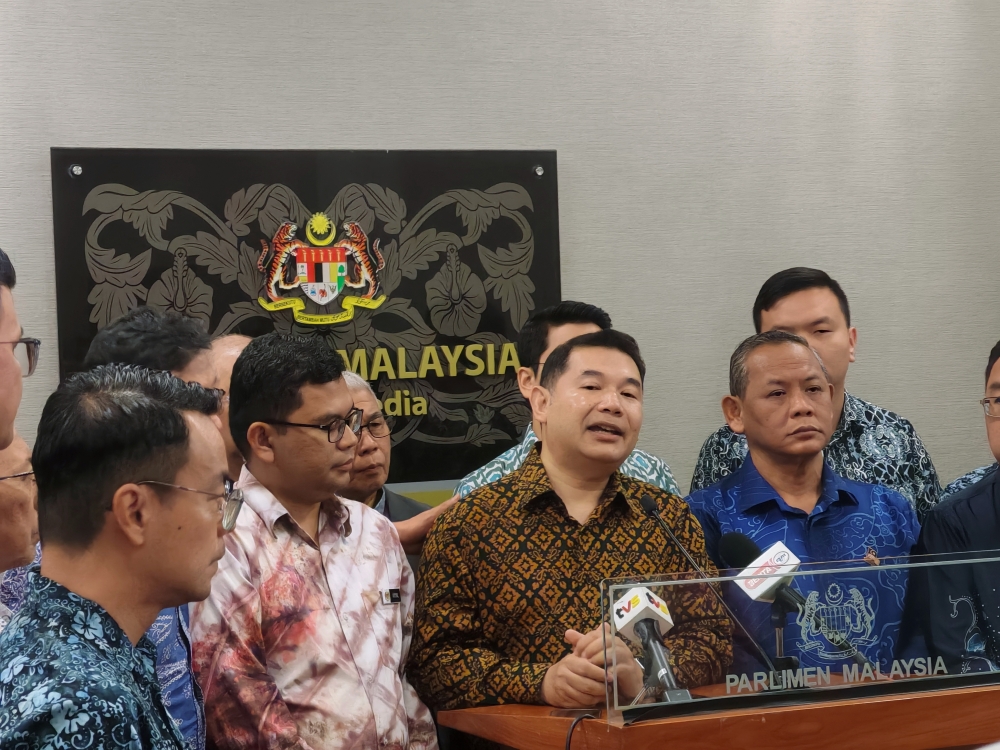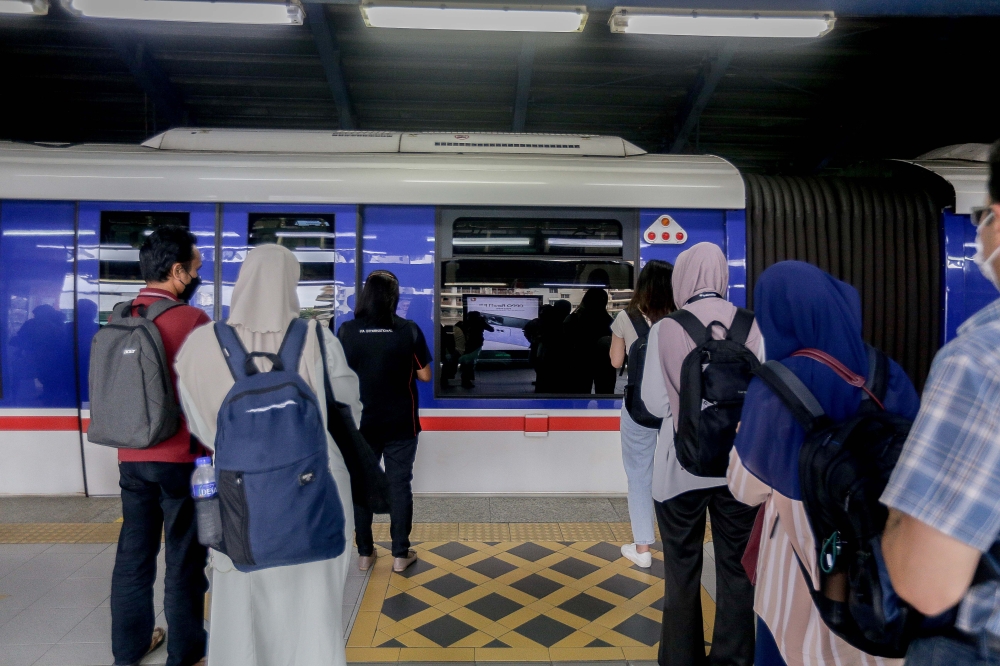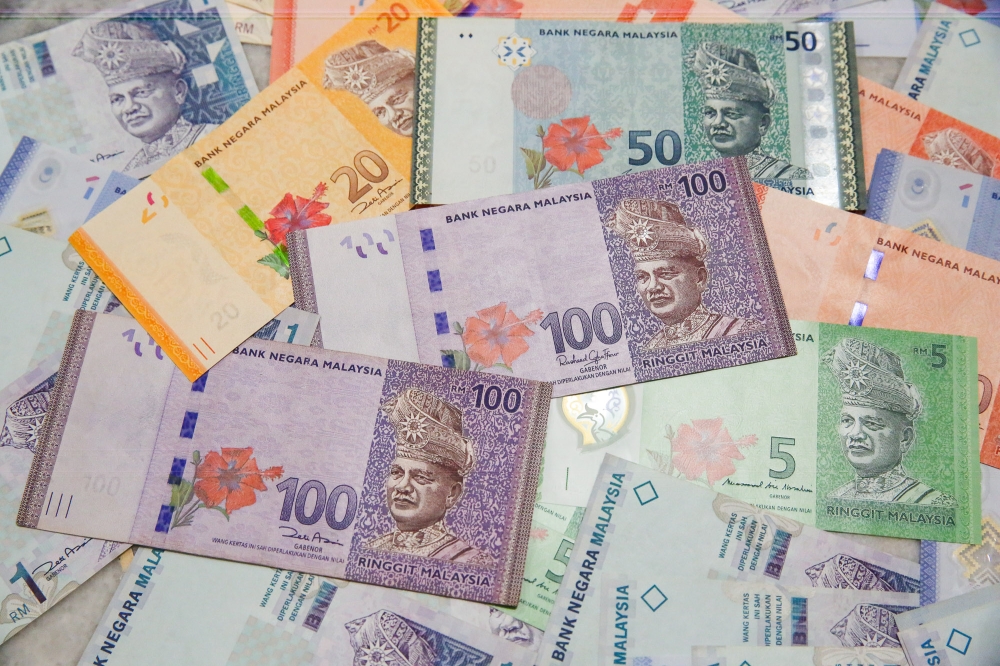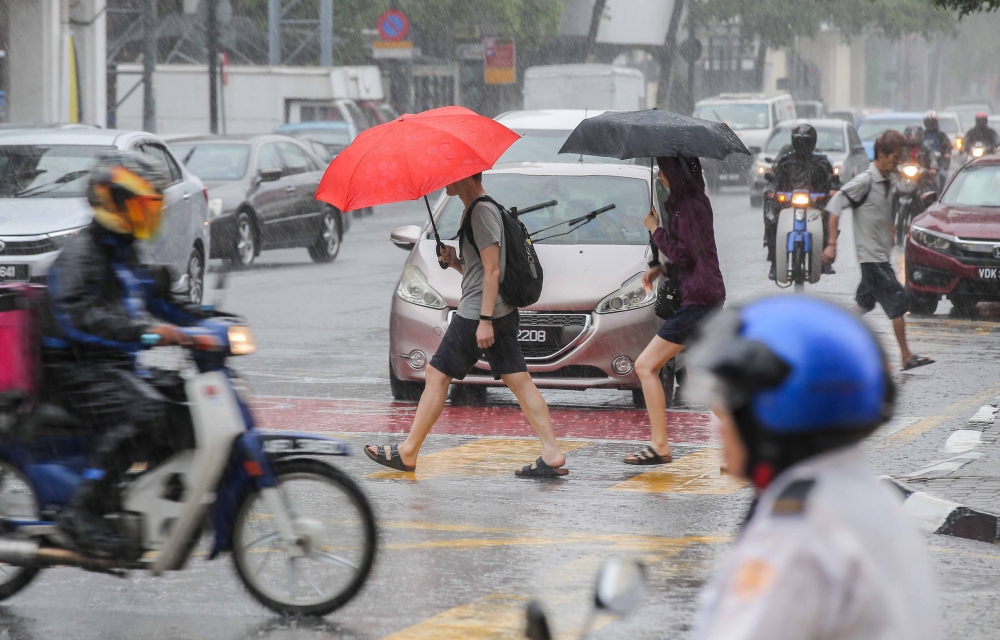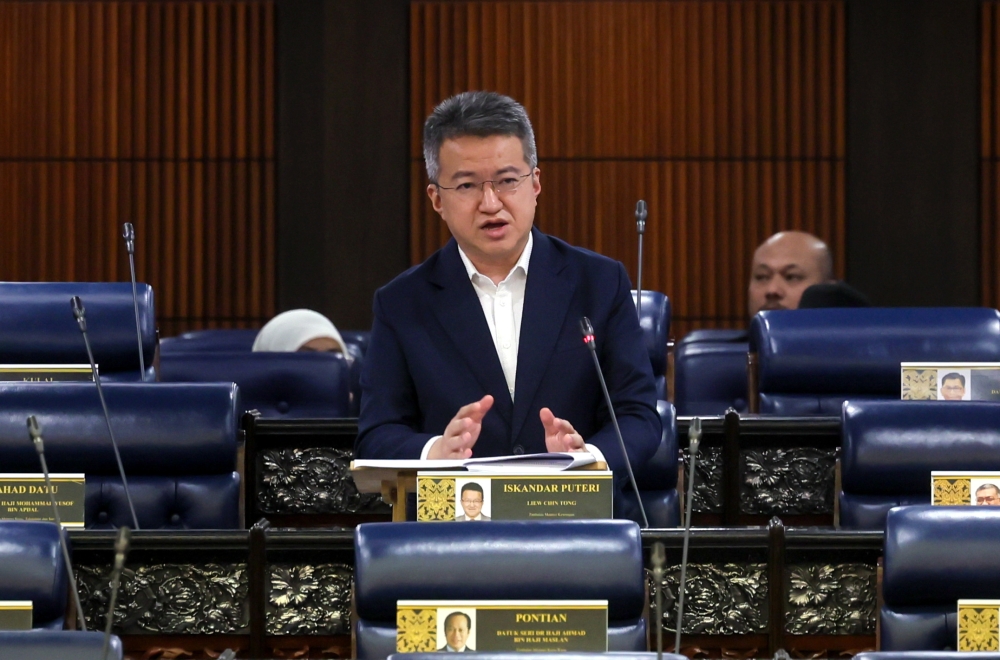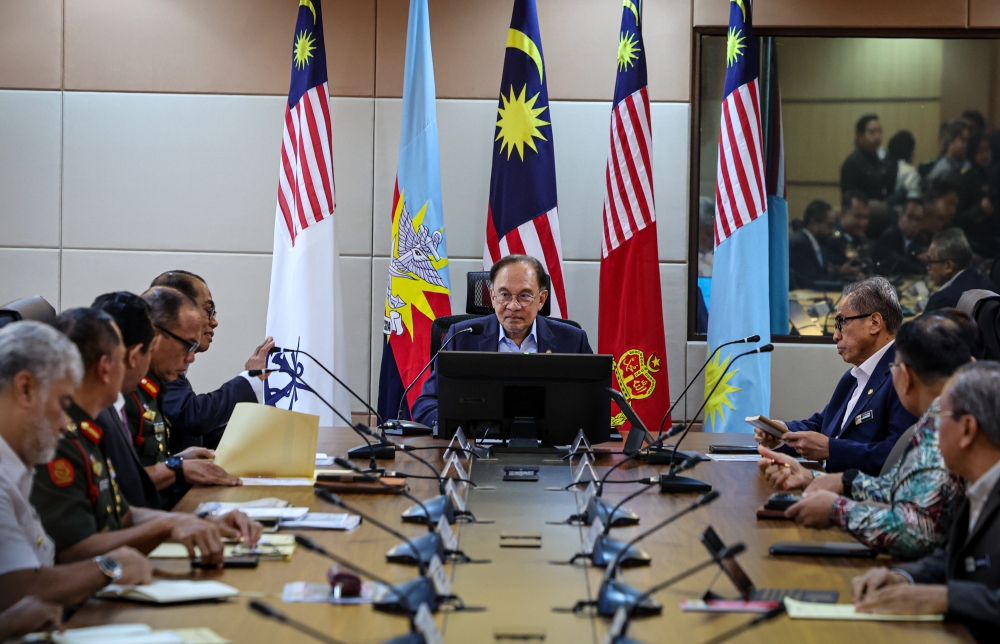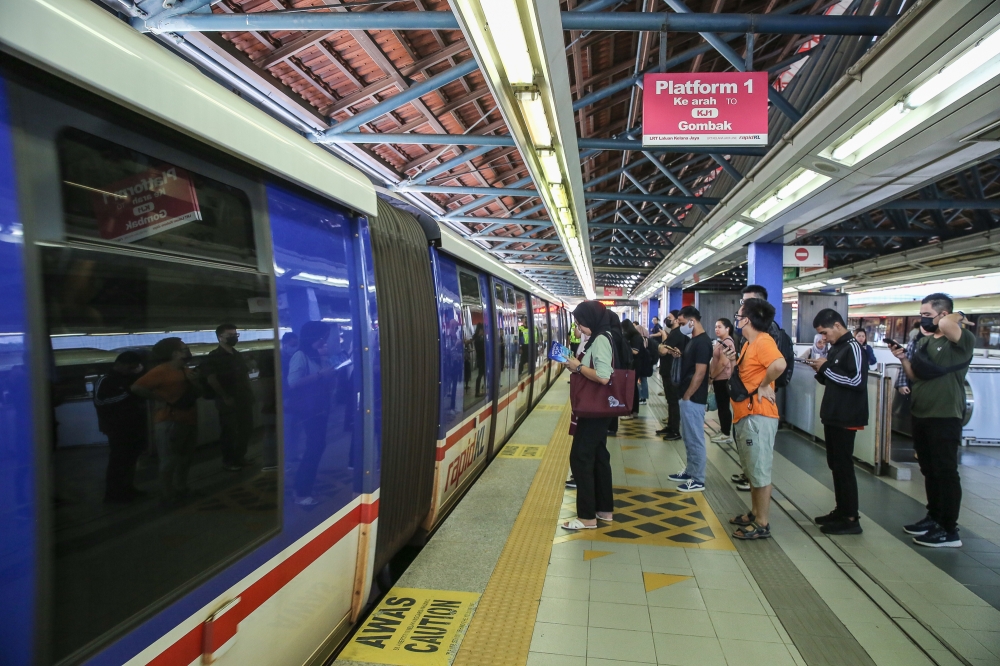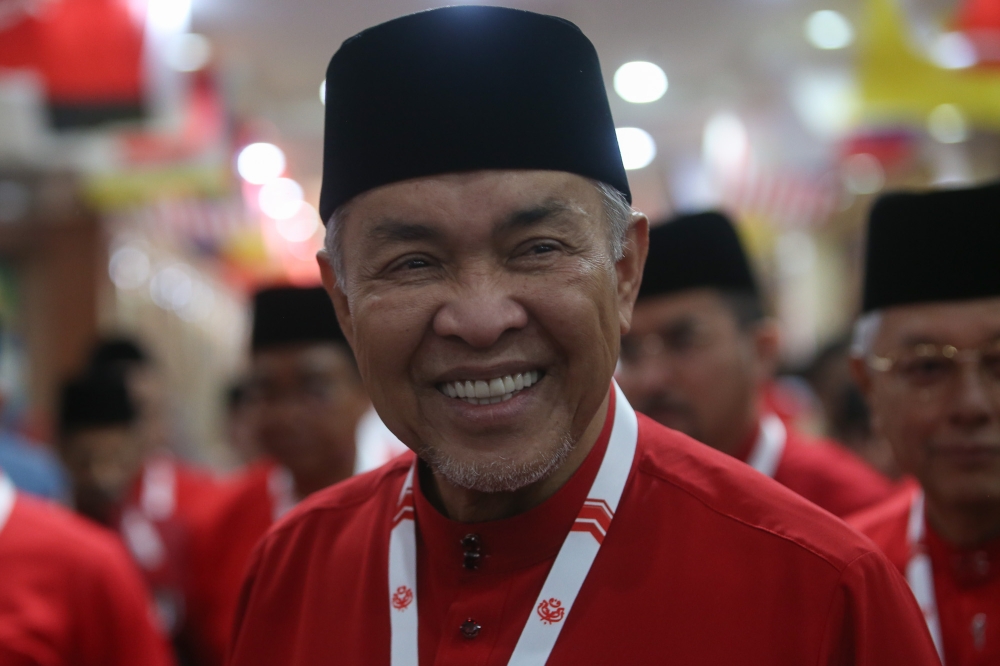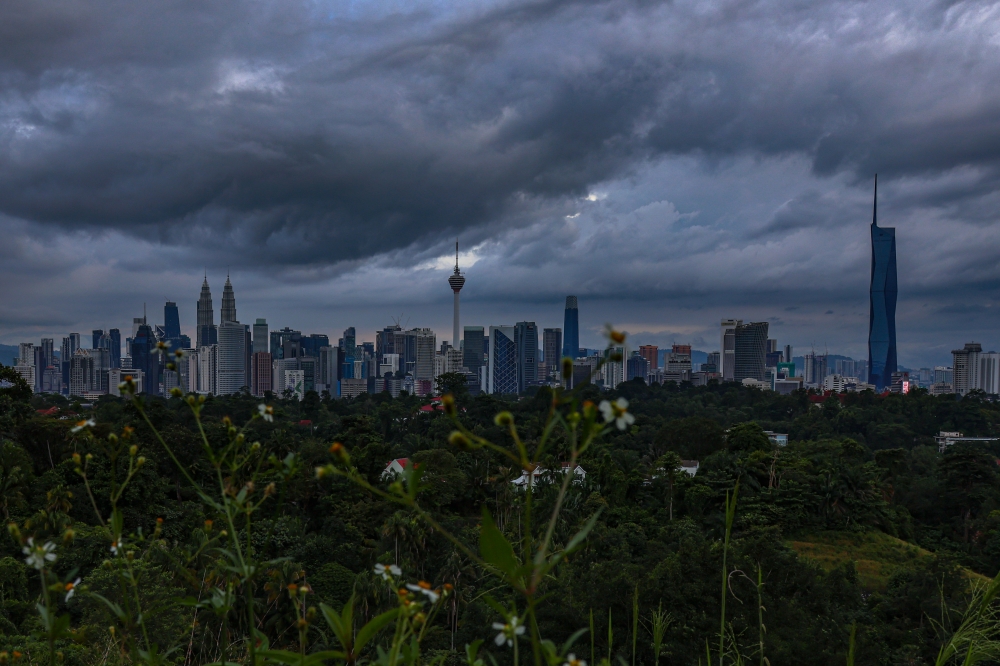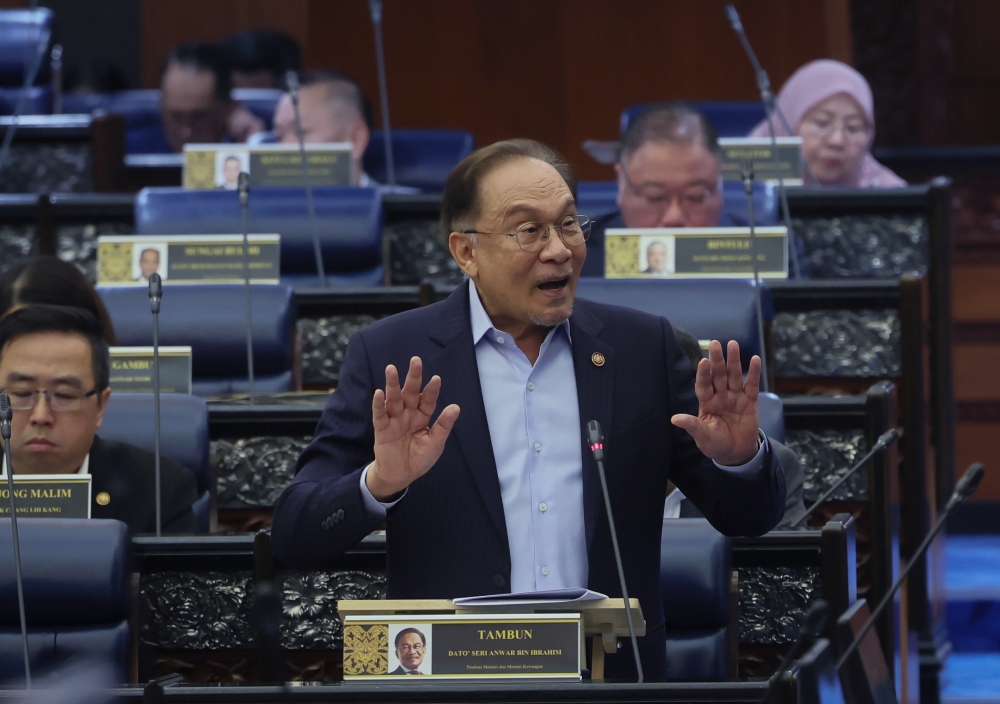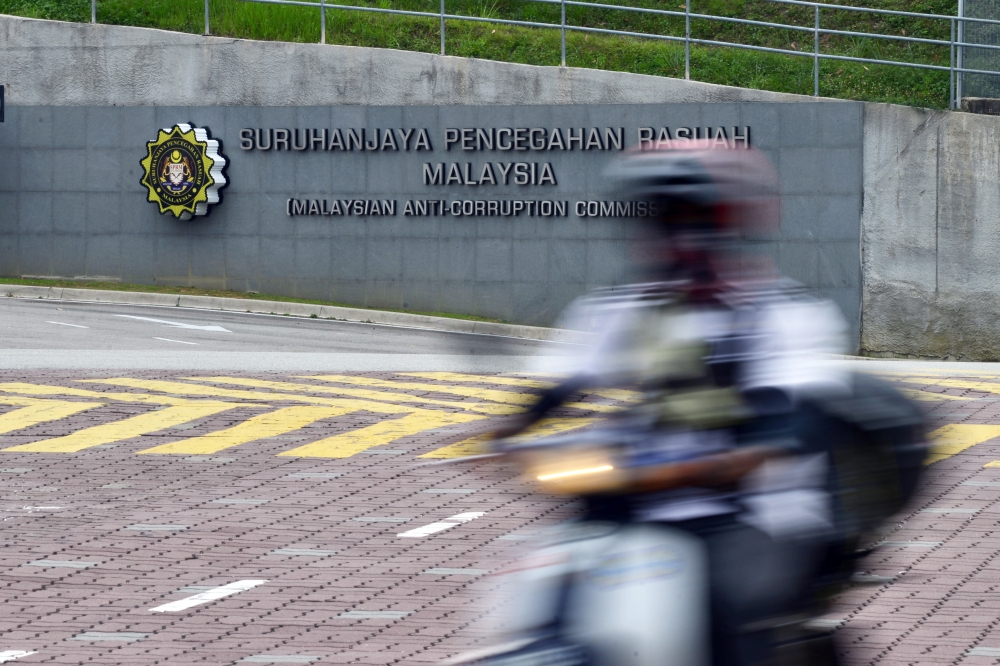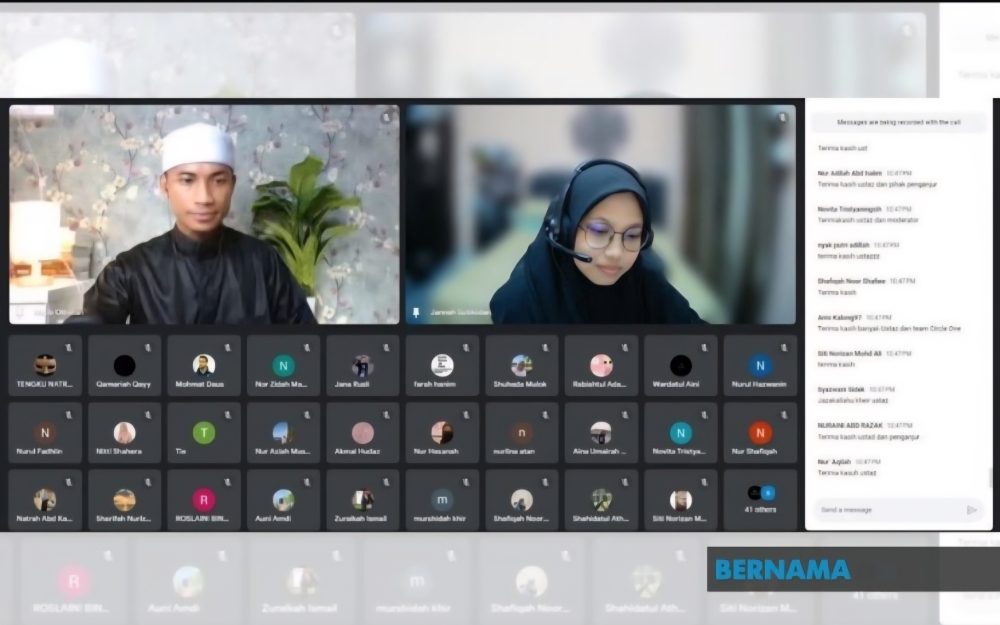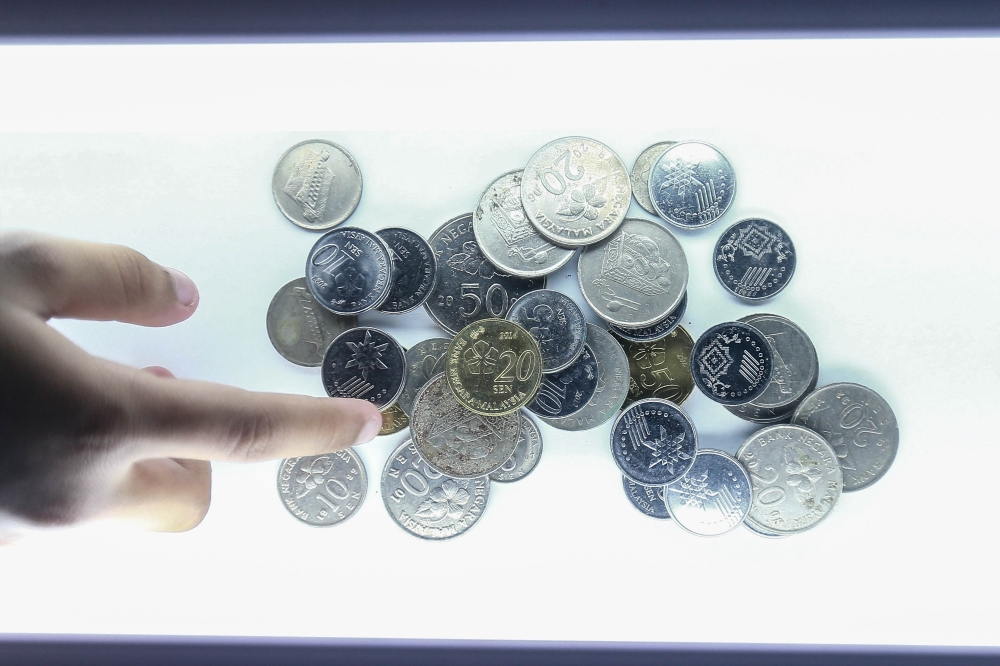KUALA LUMPUR, Jan 15 — Prime Minister Tun Dr Mahathir Mohamad’s support for trade openness and non-political interference amid rising protectionism and the Sino-American trade war will help Malaysia weather an impending recession, according to Cent-GPS.
The local think tank said Dr Mahathir’s “outward looking policies” have buoyed South-east Asia’s third largest economy when populist protectionism is surging globally, boosting Malaysia’s appeal as a reliable trade destination despite appearing vulnerable on paper.
It also said it expects recession to happen worldwide this year, propelled by the unrelenting trade war between China and the US.
“Malaysia on paper looks the most vulnerable to a global recession in 2020. It’s clear that investors have fled the country after the new government returned to SST (the first and only country to ever go from GST to SST),” it said in a statement today.
“The ongoing leadership transition dispute, along with the new government’s reliance on fuel revenue does very little to boost investor confidence in the long run.
“Yet interestingly, it is Tun Dr Mahathir’s outward looking policies that might save Malaysia,” it added.
Foreign policy in the current Mahathir administration has not changed much and the PH government has said Malaysia will always be an open market and politically neutral.
The government has kept its distance from the trade war and indicated unwillingness to take sides, a position that dates back to the Cold War-era and later helped birthed the Non-Aligned Movement.
Cent-GPS said Dr Mahathir has also played an active role in expanding Malaysian business interest. It said the KL Summit last month, for example, had likely helped drive the message among investors that Malaysia remains trade-friendly.
The meeting, attended by Turkey’s Prime Minister Recep Tayyip Erdogan and Iranian president Hassan Rouhani, resulted in multiple trade agreements.
“The KL Summit, despite its embarrassment, may in the long run provide investors around the world the confidence that Malaysia is still open for business,” Cent-GPS said.
“This will come at a time when Europe, the US and other developed countries are introducing new measures to protect and safeguard those in their borders.
“Tun Mahathir has also done relatively well in distancing itself from ongoing trade-war, refusing at times to follow everything that China dictates as well as choosing to continue working with Iran despite US warnings.”
Cent-GPS said it expects this year’s recession to stem from the destabilisation of “trade, diplomacy, currency, international coordination and multinational packs”, long viewed as the cornerstones of stability.
The past two global recessions were triggered by the technology and housing bubble burst in 2001 and 2007.
These recessions are then followed by “shocks”, according to Cent-GPS. In 2001, the war on terror came after the dot.com burst while the housing burst was followed by numerous bank closures.
It expects this year’s recession to set off a political shock where countries around the world to turn “inward”, citing Donald Trump’s presidency as proof.
“What will follow the burst of 2020 is that numerous countries around the world today are inward looking; both politically and economically,” it said.

